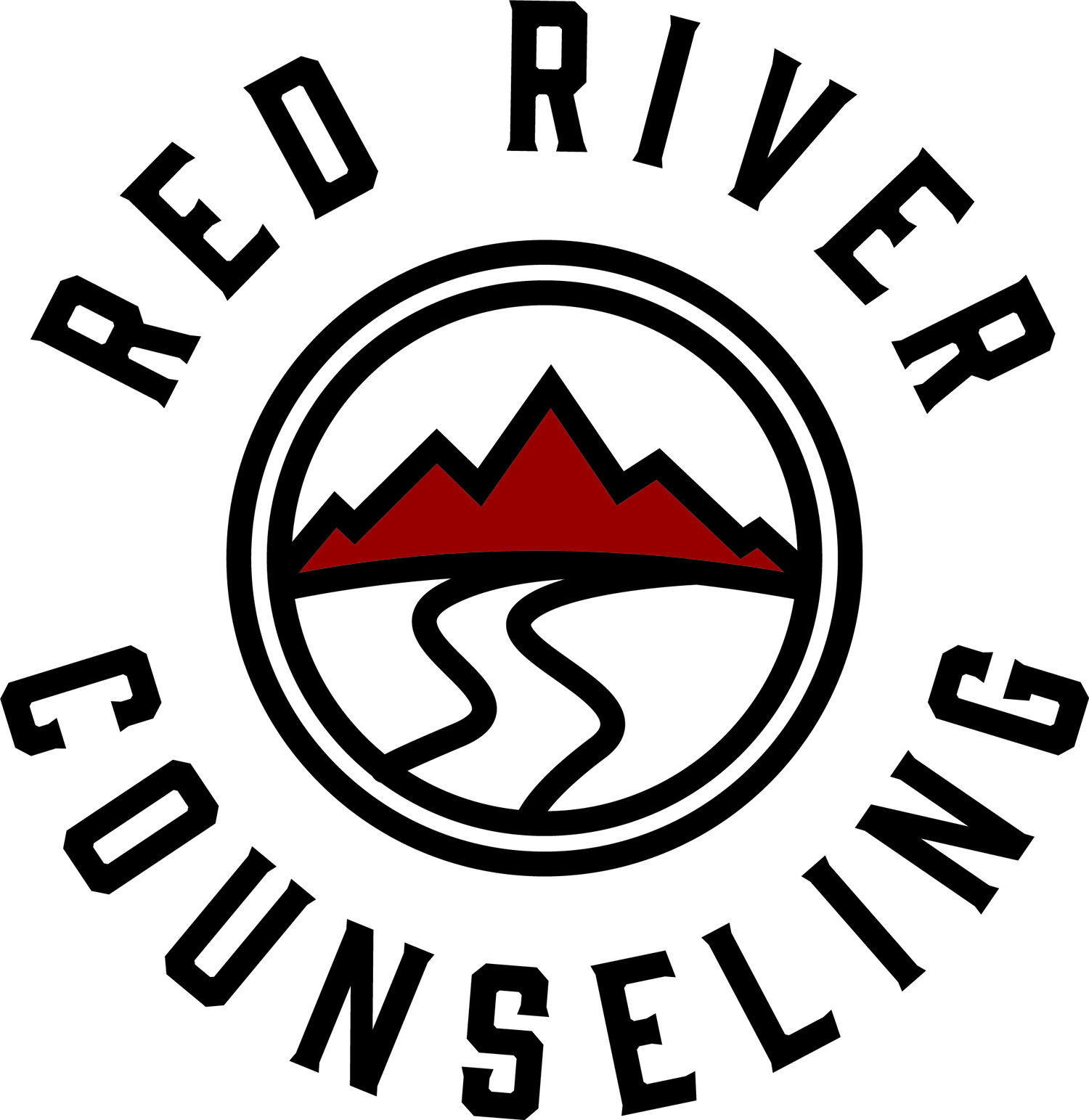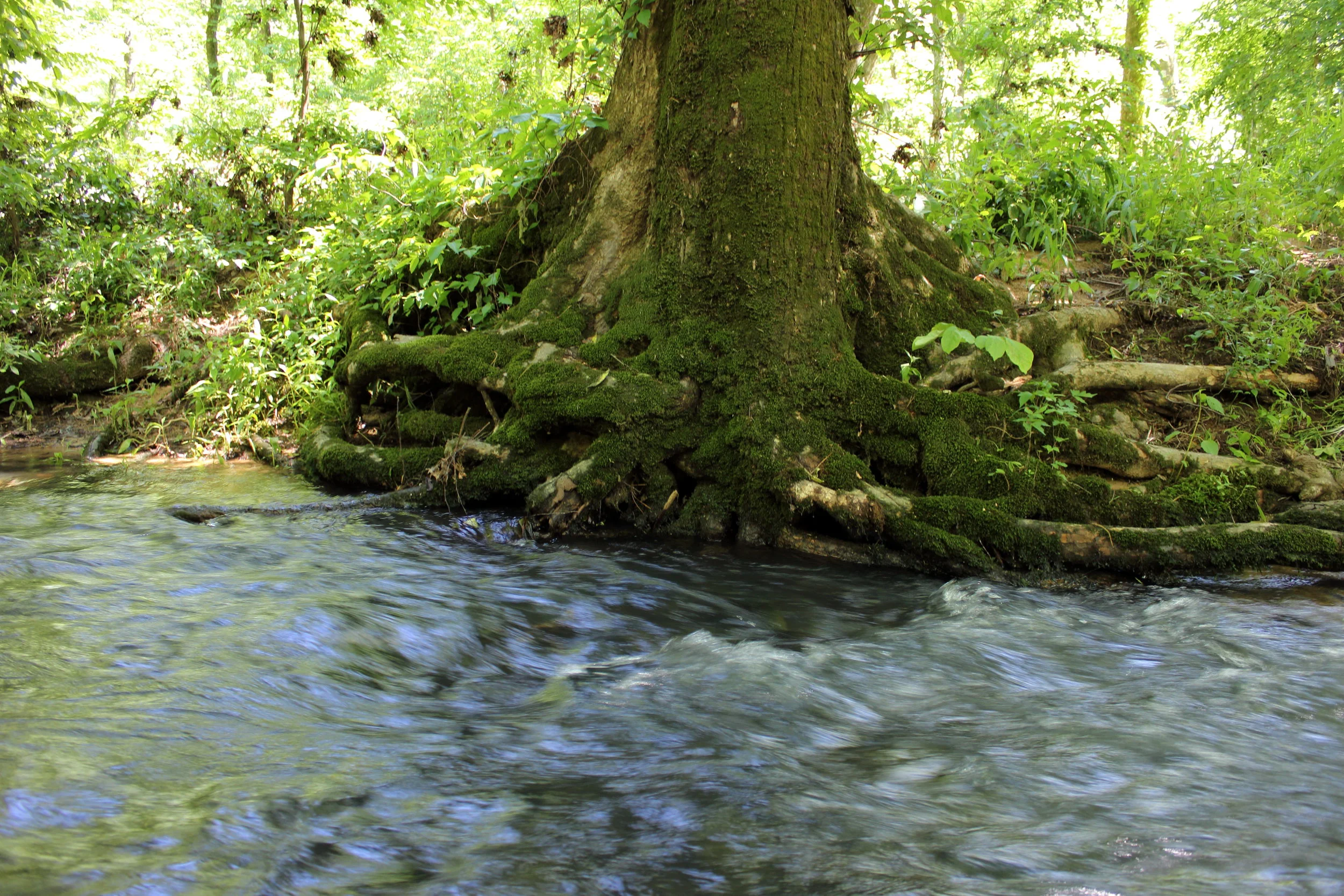Teens & Substance Abuse
/If you’re anything like me, guiding your teenager through life is increasingly overwhelming. Many parents come into my office feeling frustrated or hopeless when they find out their teen has started using drugs, alcohol, or pornography. Twenty years ago, marijuana, nicotine and alcohol were the biggest culprits of adolescent substance abuse. Back then, it was hard to sneak past parents if your clothes wreaked of smoke or your eyes were bloodshot and dilated. Today, with the refinement, accessibility, and low cost of drugs, teens are able to use more and heavier with less obvious signs of use. This article will give you an idea of what you’re up against, as well as some practical ways of getting through it.
As technology continues to refine drugs, drug abuse and addiction will increasingly become more prevalent. According to a 2011 study by the National Center for Addiction and Substance Abuse at Columbia:
75% of high school students have used addictive substances, including cigarettes, alcohol, marijuana or cocaine
46% of all high school students currently use addictive substances, and 12% meet the clinical criteria for addiction
90% of Americans who meet the medical criteria for addiction started smoking, drinking or using other drugs before age 18
1 in 4 Americans who began using any addictive substance before age 18 are addicted, compared to 1 in 25 who started using at age 21 or older
It’s important to note that just because your teen uses or abuses substances, they are not necessarily an ‘addict’. It’s best to understand abuse on a continuum, with experimental use on one end and addiction on the other.
One reason that teens are so prone to get caught up in risky behaviors is that their pre-frontal cortex (the future-oriented, decision-making part of the brain) is not yet fully developed. Being a teenager is like driving a sports car that can go 0 to 60 in 3 seconds, but with brakes that are faulty and slow to respond. Their brains are primed to seek out rewarding experiences but are limited in their ability to think through future-oriented consequences.
Taking risks during adolescence is normal, and even helpful to growth and development. In my counseling practice, parents often ask where the line is where taking risks starts to become harmful. If you’ve noticed a marked change in your child’s personality, grades, or relationships and suspect them of using drugs or alcohol, start moving them towards professional help. Treating adolescent substance abuse requires a different approach than the treatment of an adult with the same issues. Look for someone who has experience working with teens and has a reputation for working with the whole family.
It's essential that their therapy focuses on more than just the problem-causing behavior itself. Often, if a teen has moved beyond experimentation and into compulsive use, there is an underlying history of trauma and unhealthy relationships. Their counseling needs to focus not only on ceasing to use substances and stopping unhealthy behaviors but also on healing trauma and moving towards healthy relationships, with both family and friends. Additionally, as they put down the chemicals or behavior that have kept them numb, they will need someone to help them develop skills for dealing with big emotions. If they have experienced a devastating loss, a distant or chaotic home life, guardians who were active addicts, or traumatic events in their life, they are susceptible to their compulsive abuse of drugs morphing into an addiction as an adult.
If you find yourself in this situation, which feels like a nightmare for most families, there is hope. Although it may seem frustrating that their brains are not yet fully developed, it is also a blessing. When a teen who actively abuses drugs ceases to use and moves into a healthy, sober lifestyle, their brains can actually heal themselves. This process of healing takes years, but with the right guidance and help it is very well possible.
To sum up, moving from the destruction of substance abuse and into a sober and healthy lifestyle will require extensive time healing trauma, building healthy relationships, learning the skills of emotional regulation, moving into a positive lifestyle (exercise, healthy eating, good sleep hygiene), and whole family care and counseling. For those who pursue this with their teen, know that you are not alone, nor is your situation hopeless. Many have faced this type of trial and I am confident you will find unlooked-for help and support along the way. For those of you who feel that you are at this crossroads with your teen, I encourage you to look at our warning signs checklist.


